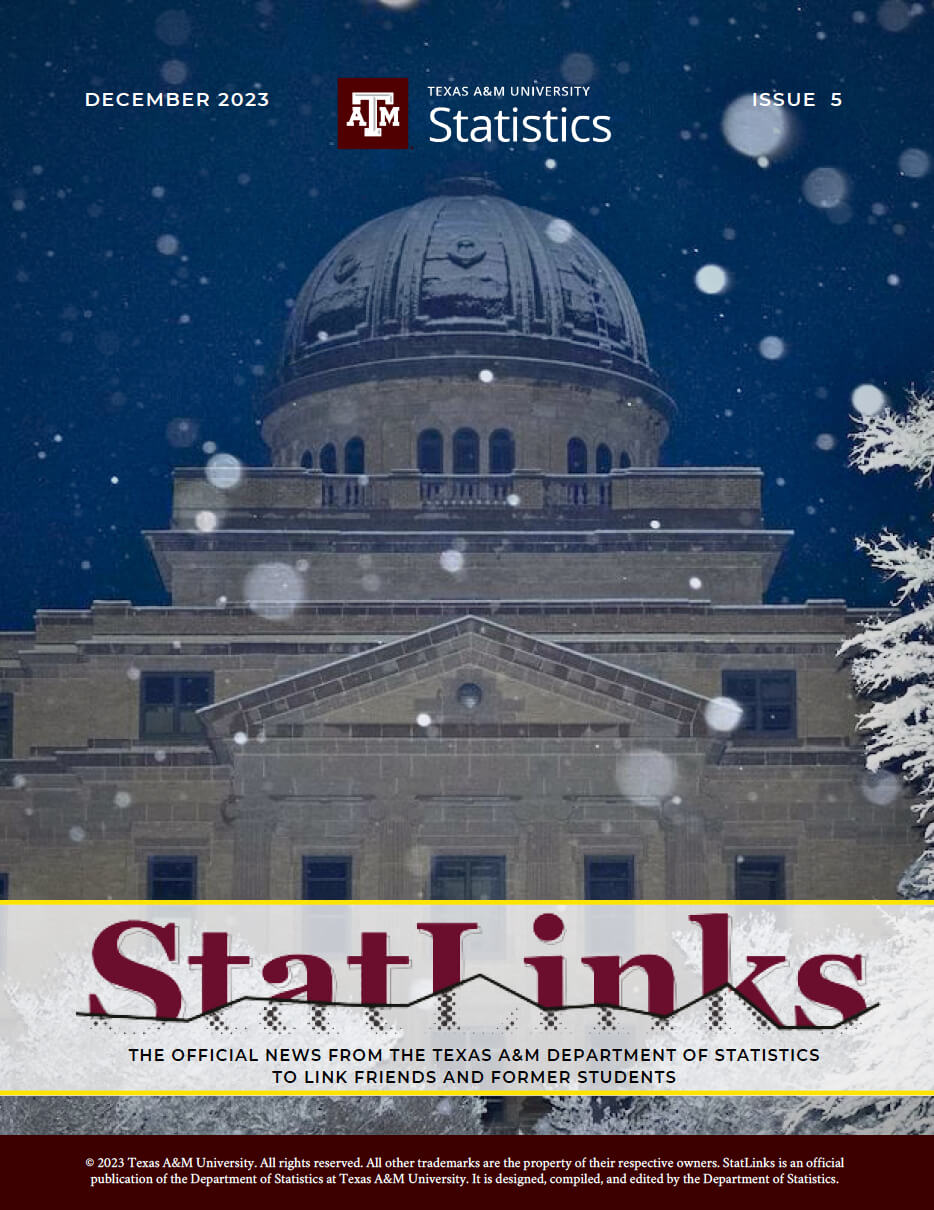WEI MA 
Institute of Statistics and Big Data
Renmin University of China
“Statistical Inference of Covariate-Adaptive Randomized Clinical Trials”
ABSTRACT
Covariate-adaptive designs are often implemented to balance important covariates in clinical trials. However, theoretical properties of conventional statistical methods are usually unknown under covariate-adaptive randomized clinical trials. In the literature, most studies are based on simulations. In this talk, we provide theoretical foundation of statistical inference under covariate-adaptive designs based on both linear models and generalized linear models.
In the linear model framework, we derive asymptotic distributions of the test statistics of testing both treatment effects and significance of covariates under null and alternative hypotheses. Under a large class of covariate-adaptive designs, we find that: (i) the hypothesis testing to compare treatment effects is usually conservative in terms of small Type I error; (ii) the hypothesis testing to compare treatment effects is usually more powerful than complete randomization; and (iii) the hypothesis testing for significance of covariates is still valid. The class includes most of the covariate-adaptive designs in the literature, for example, Pocock and Simon’s marginal procedure (Pocock and Simon, 1975), stratified permuted block design, etc. Numerical studies are also conducted to assess their corresponding finite sample properties.
Covariate-adaptive designs are also used in clinical trials where outcome is not continuous. In these scenarios, generalized linear models can be used to perform statistical inference. For example, logistic regression is used when outcome is a binary variable. In this talk, we also briefly discuss hypothesis testing for treatment effects based on logistic regression under covariate-adaptive designs. We propose a framework to derive theoretical properties of test statistic for stratified covariate-adaptive designs and conclude that the Type I error is conservative. Numerical studies are also carried out to study power for several tests.
Friday, February 3, 2017, 11:30 AM, BLOC 113

